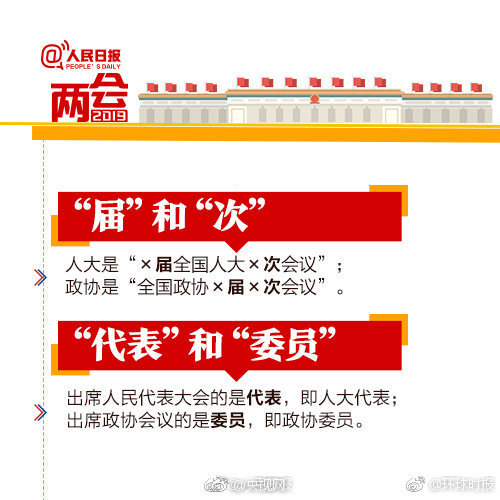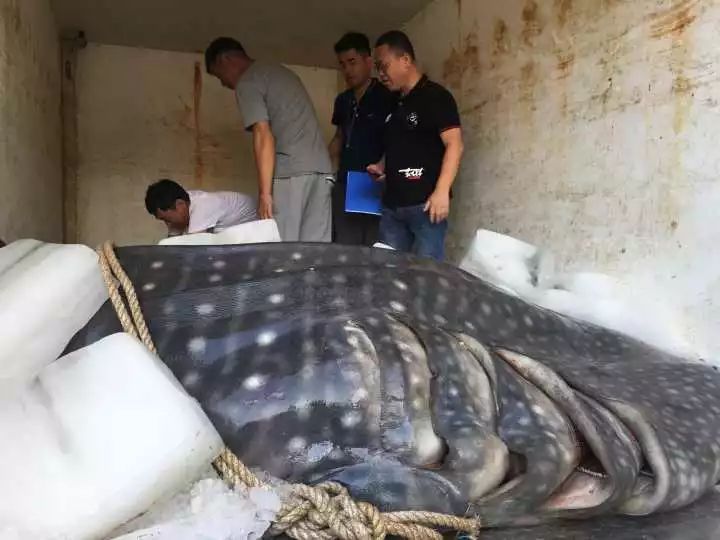
By BILL YEE
Racism obviously provided barriers to Chinese immigrants like my parents and their peers. Unlike their children and grandchildren, professions and college educations were not available to the immigrants. Nevertheless, my parents were able to achieve the American Dream by operating a laundry, which was considered menial labor!
They found ways to get around the barriers of racism to obtain their goal of achieving economic freedom and the American Dream.
In San Francisco’s Chinese community, before the availability of social services, the Chinese Six Companies provided some aid for new immigrants. It was an example of an ethnic group taking care of its own. (I have heard similar opportunities existed in the Japanese community among gardeners who banded together to help one another!)
Family associations also provided some aid and a place to network and find employment.
When banks would not loan money to individuals without some sort of collateral, the Chinese immigrants found another path.

In the case of my parents, they were members of the Laundryman’s Credit Union. It was not FDIC insured. Only people who were trustworthy were allowed to join. This meant that members had to trust each other and loans were made with a handshake.
The way it worked was that members would buy shares and each week would deposit money based on the amount of shares they owned. I remember every week going up to Chinatown with my dad and later my older brother, Benny, to make a payment.
If a member needed money he would bid to pay a certain interest rate to secure a loan for that week. The money was available from the pool of deposits collected.

One of my classmate’s father was the “banker” in charge. His office was a room in a walk-up in Chinatown. There was usually another guy who served as security. It was like entering a speakeasy in the ’20s.
It was funny because the banker would have stacks of 20-dollar bills, rubber-banded together, which he would place in a shopping bag.
If a member did not need the money, he could just benefit from the interest payments and use it as a savings account.
This method of raising capital allowed hard-working Chinese immigrants to begin buying San Francisco real estate in the late ’60s and early ’70s as restrictions on Asians buying property began to disappear.
Many of my relatives and a few of my friends’ parents began to invest in San Francisco real estate before it became too expensive.
In this way, Chinese immigrants of modest means and low-paying occupations were able to create generational wealth!
As an example, one of my cousins who operated a small laundry began to buy apartment houses in the city. He bought multiple units and used the rent to make his mortgage payments. He now was able to get loans from banks because he had collateral.
At his passing, he was a multi-millionaire and was able to pass quite an estate on to his seven kids.
One of my college roommate’s parents repeated this wealth-building formula. They owned a grocery store in a poor neighborhood. Again, being able to invest in real estate led to my friend inheriting quite a large estate.
In the case of my own family, in 1956 my dad bought income property in a poor neighborhood that provided housing for our family and also rental income. His friends viewed it as a bad investment.
Over the years the neighborhood gentrified and the San Francisco property today is worth quite a bit. When my parents passed, my siblings and I inherited valuable income property that helped finance the college educations of their grandkids.
Although it might have appeared that the American Dream was out of reach for our immigrant parents, they were able to find paths to provide for their kids and created generational wealth for their offspring.
A generation later I worked as a job developer for an employment and training program in Oakland’s Chinatown. This benefited recent boat people who had fled Vietnam in the late 1970s. The pursuit of the American Dream continues among recent immigrants.
—————–
Bill Yee is a retired Alhambra High School history teacher. He can be reached at [email protected]. Opinions expressed are not necessarily those ofThe Rafu Shimpo.
 Facebook activates Safety Check for Nice after truck rams into parade
Facebook activates Safety Check for Nice after truck rams into parade
 Donald Trump's WWE appearance gets a hair
Donald Trump's WWE appearance gets a hair
 Company sends Trump 6,000 bags of green tea to make him 'smarter'
Company sends Trump 6,000 bags of green tea to make him 'smarter'
 Donald Trump's WWE appearance gets a hair
Donald Trump's WWE appearance gets a hair
 Someone apparently visited their Pokémon
Someone apparently visited their Pokémon
 Selena Gomez criticized after weighing in on the Taylor Swift/Kanye West drama
Selena Gomez criticized after weighing in on the Taylor Swift/Kanye West drama
 10 Electronic Devices That Are Nearly Impossible to Repair
10 Electronic Devices That Are Nearly Impossible to Repair
 Trustworthy human proves his reliability with a doggie trust fall
Trustworthy human proves his reliability with a doggie trust fall
 The moon: Fascinating facts you didn't know
The moon: Fascinating facts you didn't know
 It's Britain's hottest day of the year and people simply can't cope
It's Britain's hottest day of the year and people simply can't cope
 Marlana VanHoose's national anthem is the best part of the Republican convention so far
Marlana VanHoose's national anthem is the best part of the Republican convention so far
 Kind boy leaves cold drinks outside for mailman during heatwave
Kind boy leaves cold drinks outside for mailman during heatwave
 Donald Trump's WWE appearance gets a hair
Donald Trump's WWE appearance gets a hair
 'Game of Thrones' star Maisie Williams shares photo for Stark fans
'Game of Thrones' star Maisie Williams shares photo for Stark fans
 Someone left an important message outside of Boris Johnson's home
Someone left an important message outside of Boris Johnson's home
 Clinton's team attempts to read 5,500 Trump lawsuits in 4 hours on Facebook Live
Clinton's team attempts to read 5,500 Trump lawsuits in 4 hours on Facebook Live
Best Apple Pencil Pro deal: Save $30 at TargetMrBeast sued his restaurant partner for $10 million. They're suing him back for $100 million.'Zepotha': The horror movie going viral on TikTok that doesn't existMrBeast sued his restaurant partner for $10 million. They're suing him back for $100 million.'Dune: Prophecy': Why isn't the Sisterhood called the Bene Gesserit?JBL Bluetooth speaker deals: Up to 40% off at Amazon, Walmart, and Best BuyVikings vs. Titans 2024 livestream: How to watch NFL onlineBest coffee machine deal: Save $250 on the De'Longhi La Specialista'Heartbreak High' Season 3 set visit: School's out foreverBest home essentials deal: Get $15 in Amazon credit when you spend $50 on select home items Donald Trump brags his 'nuclear button' is bigger than Kim Jong Un's Woman pens open letter to Instagram because her feed is inundated with bras The 7 iOS 26 features only available for newer iPhones 'Doctor Who' star Peter Capaldi sends beautiful letter to kid worried about regeneration How to unblock Pornhub for free in Kansas The endless year of Trump captured in one chart This Dictionary.com tweet about Pence is the definition of trolling Yes, everything is hard, but at least your family isn't being circled by a great white shark Jennifer Lawrence got Kris Jenner the perfect Christmas present This dad's stunned reaction to the suggestion of a fake Christmas tree has gone super viral
0.2058s , 14450.03125 kb
Copyright © 2025 Powered by 【granny sex videos lesbiam】Enter to watch online.RAMBLINGS FROM THE SON OF A PAPER SON: Laundryman’s Credit Union,